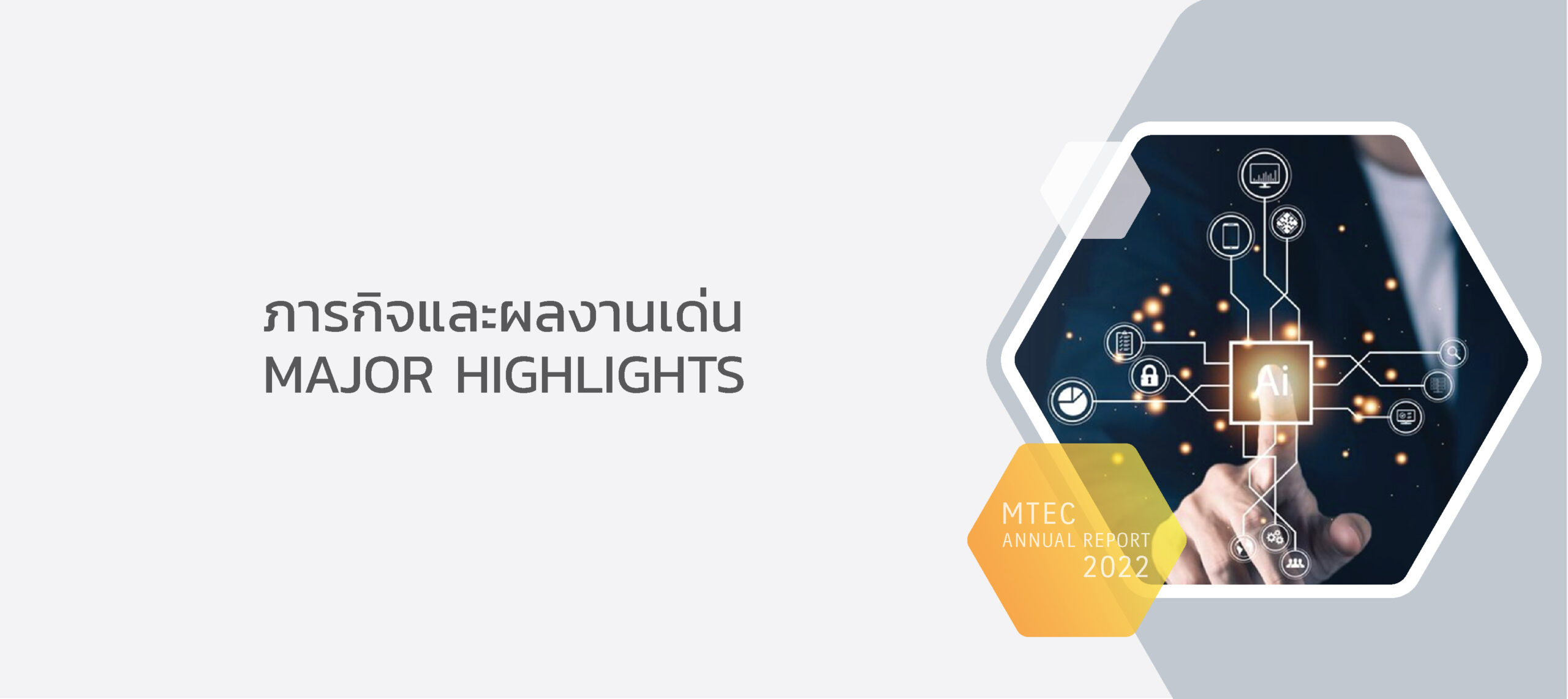
Stakeholder
Tanattorn Company Limited
Mr. Wasuwat Bunwit
Managing Director of Tanattorn Company Limited
Stakeholder Interview
Tanattorn Company Limited is a manufacturer and retailer of products, electrical equipment, and other services related to traffic safety. The company provides installing and repairing services to all provinces of Thailand and continually develops its products to their best quality to ensure customer satisfaction and promote safety in road usage. Customers from the public and private sectors have trusted the company for more than 30 years.
Mr. Wasuwat Bunwit, Managing Director of Tanattorn Company Limited, recalled that he received information from Mr. Worasak Wongrod, who at that time was the director of Songkhla Road Construction Training Center, the Department of Highways. He said that MTEC had developed Thermoplastic Natural Rubber (TPNR). At that time, the Department of Highways had a policy of encouraging the use para rubber in road markings to help farmers during low rubber price period. He realized that the rubber was quite heavy, which should give traffic cones a better grip on the road. Moreover, the company can continue the production of traffic cones from TPNR without additional investment in machinery and molds, which would be beneficial. This was the beginning of the collaboration and technology transfer with MTEC.
Mr. Wasuwat Bunwit said that the collaboration turned out well since the company was able to solve the problem. The company, however, has no expertise in producing thermoplastic natural rubber traffic cones so technology transfer was required. The company, therefore, asked Mr. Thongsak Kaewprakob’s advice, and the research team provided its personnel for training in theory and practice.
As for product development, Mr. Wasuwat Bunwit said that the production of thermoplastic natural rubber traffic (TPNR) cones is faster than EVA (ethylene-vinyl acetate copolymer) traffic cones because the thermoplastic natural rubber does not stick to the injection molding machine. The mold, therefore, is easier to carve, and the waste generated is less and can be re-formed. Furthermore, the heavier TPNR cones helps eliminate the need to produce larger-sized cones to increase weight. TPRN cones are also flexible and resistant to impact.
Currently, there is an industry standard for plastic traffic cones. However, the standard does not include traffic cones made of other materials. Dr. Pasaree Laokijcharoen, MTEC researcher, is committing to generalize this standard to cover rubber-plastic composite cones. Thus, it will add more channels for TPNR to enter the market and rule out non-standard products.
In the future, the company plans to use TPNR materials to develop a flexible guide post so that it can be reverted many times. However, the company is performing feasibility study to determine whether it can replace EVA material or not. If not, the company may adjust the plan to develop other products. For example, the delineator attached to a barrier that mostly made of metal, which would be nice if it could replace with TPNR or plastic.
Lastly, Mr. Wasuwat Bunwit said that the company greatly appreciates working with MTEC and would like to thank MTEC for providing great assistance until it could produce thermoplastic natural rubber traffic cones.
